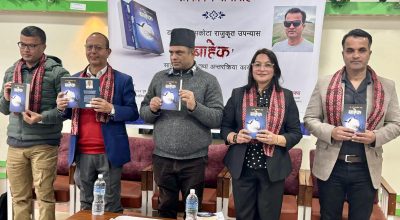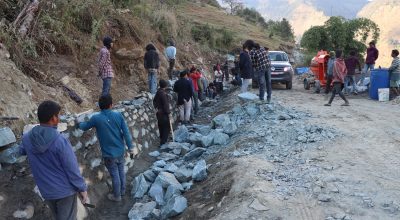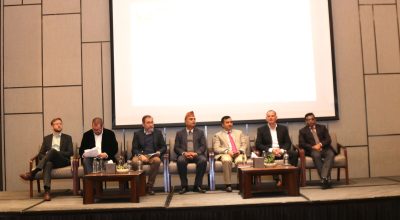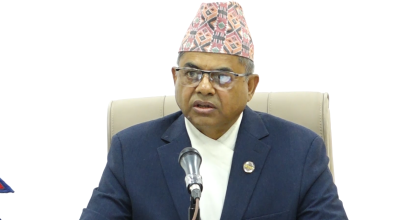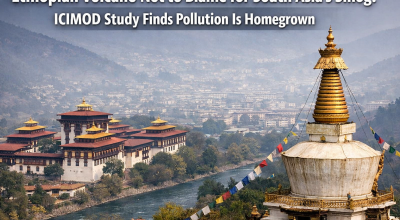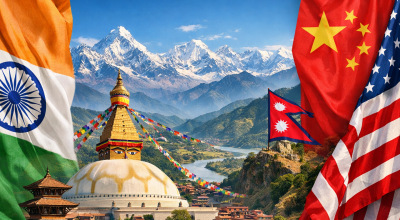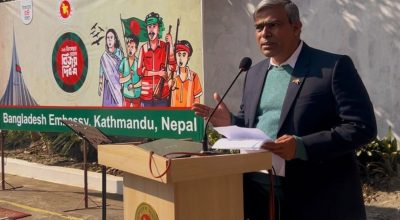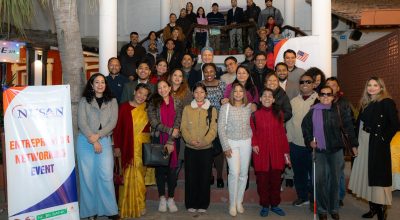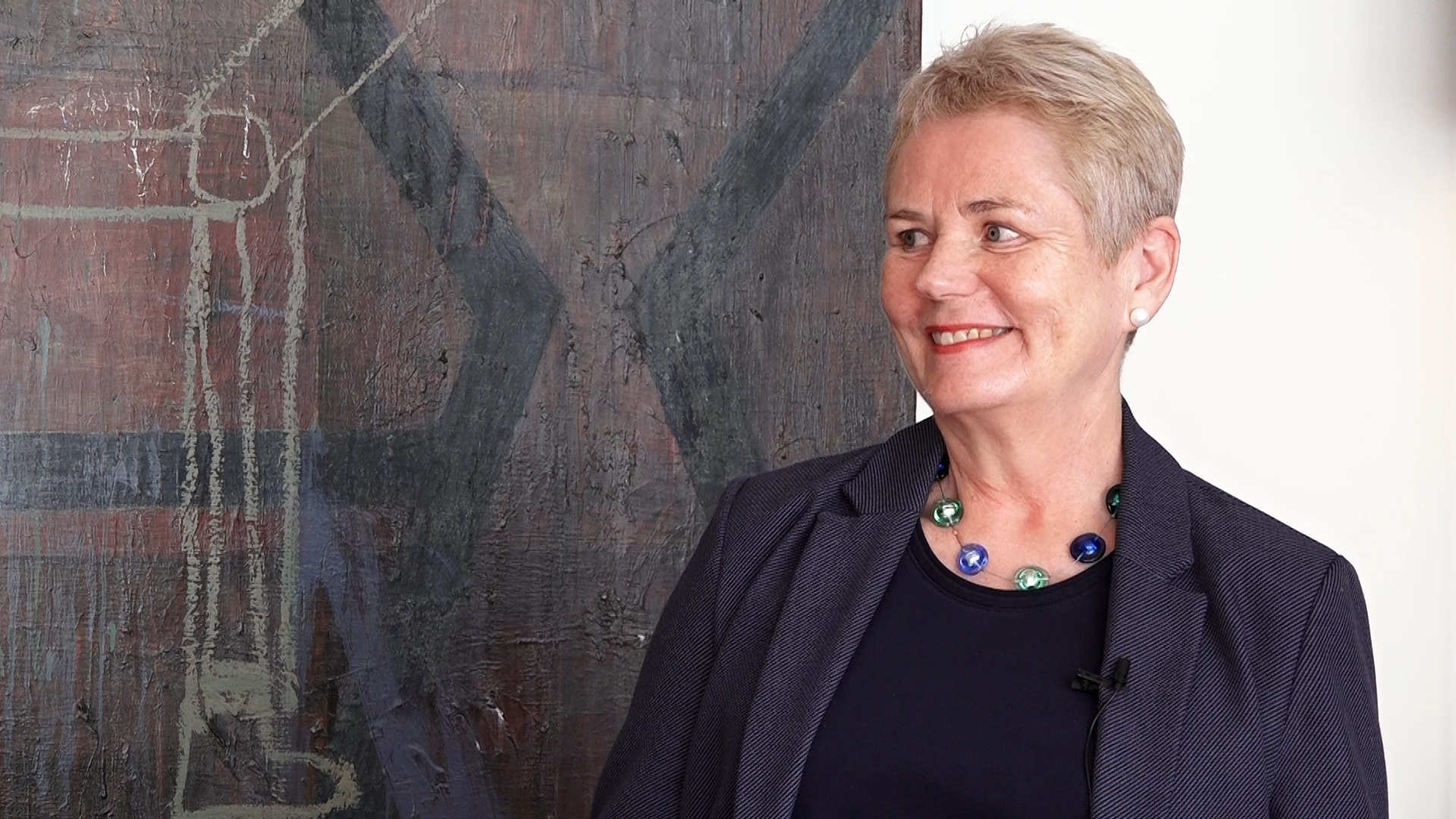
Kathmandu: Norwegian Ambassador to Nepal Ms Torun Dramdal said that if everything goes according to plan, Nepal will graduate from the group of least develop countries in 2026 and then become middle income country.
She highlighted that building strong institutions and good governance are important drivers for Nepal to sustain from the graduation from the least developed countries and to be a Middle income countries. Strong institutions can only contain the individuals to abuse their power for personal gain.
Speaking with the News Agency Nepal (NAN), Ambassador Dramdal said ” Nepal is moving on the right direction consider the considerable progress in peace process. Nepal has progressive constitution and this year the election in May and November held in peaceful manner, which are milestone for democracy in Nepal.” Therefore, inclusive democracy and good governance will support Nepal to become a middle income country.
Ms. Dramdal, presenting the parliamentary practices of Norway shared how important it is for the parliamentarians to engage with citizens. Open, transparent and accountable parliament is the foundation of democracy as the parliamentarians represent citizens. She expressed happiness to be able to support, through UNDP, the democratic institutions like parliaments of Nepal.
In another context, Ms. Dramdal stated that Norway has a perspective that it should be common global responsibility to support those countries which have contributed themselves very little to climate change but they faces the harass reality.
She further underlined that Norway’s ambition is to continue to be a leader in climate finance. As a result, the country decided to support for the establishment of fund for loss and damage at Cop 27.
Nepal and Norway are going to celebrate its 50 years’ relation this year(2023). Norway has been providing approximately 30 million US dollar as assistance to Nepal.
The Norway has been mainly supporting in education, renewable energy and good governance. Gender equality and climate change are also includes as cross crossing issues.
Regarding these issues, News Agency Nepal (NAN) conducted an interview with Ambassador Torun Dramdal. Excerpt:
How do you see Nepal Norway relation? Can you explains Norway’s contribution in development and Norwegian approaches?
Nepal and Norway have cooperated for many years. It started from people to people cooperation at grassroots level. And, this year (2023) we are celebrating 50 years of diplomatic relations. Nepal is a partner country for Norway, which means that Nepal is superiority country for our development cooperation and our annual assistant to Nepal amounts to approximately 30 million US dollar.
What are the Norwegian development priorities in Nepal?
Our main focus for cooperation are education, renewable energy and good governance. These are main sectors and these are in line with the priority of the government of Nepal. And, of course, gender equality and climate change are always on top of our agenda. Those are cross cutting issues that we always have to take in to account in everything we do.
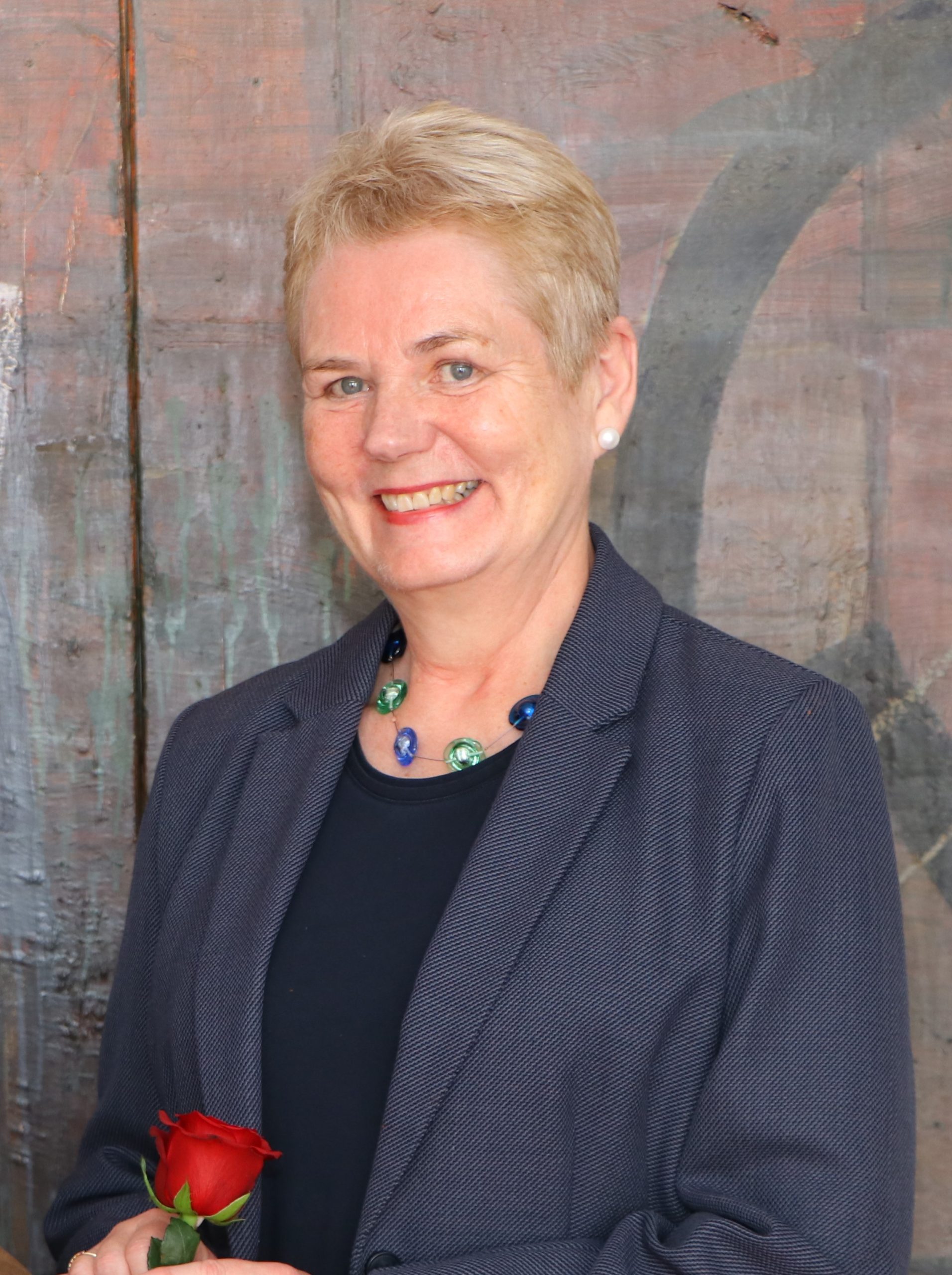
How do you see the results of the Norwegian investment in education sector in Nepal?
I would like to comment Nepal for the significant progress when it comes to access of education. Almost all children in Nepal go to school now and I think something that is really proud on.
Norway is advocating in the sector of clean energy. What are the objectives of investing in clean energy?
Nepal has a huge potential for hydropower. And back home in Norway, hydropower has been a driver for industrialization and economic growth. And, I hope that hydropower for Nepal will also be driver for economic growth and job creation. And, of course, Nepal is a country which is very vulnerable to climate change. Renewable and clean energy are crucial parts of solution.
Norway was supporting the people from the marginalized communities. However, we don’t see such support has been continued. Can you tell us why the embassy is not prioritizing the marginalized communities now?
I would say that we still support marginalized communities. We do this through Norwegian NGOs. Many Norwegian NGOs support Nepali NGOs. We also do this through the support to the United Nations in Nepal with this common goal of ‘Living No One Behind’. We support mainly for inclusive education, which is particularly important for children from marginalized communities. So, I would say that marginalized communities are very much target group for our cooperation with Nepal.
How do you see Nepal’s development from the eyes of Norway? Do you see the development path Nepal has currently taken is in right direction?
Nepal is moving on the right direction consider the considerable progress in peace process. Nepal’s progressive constitution and this year the election in May and November held in peaceful orderly manner. And, I would say those are milestone for democracy in Nepal. And, if everything goes according to plan, Nepal will graduate from the group of least developed countries in 2026 and then become middle income country. So, I would definitely say that there is progress and Nepal is moving on the right direction.
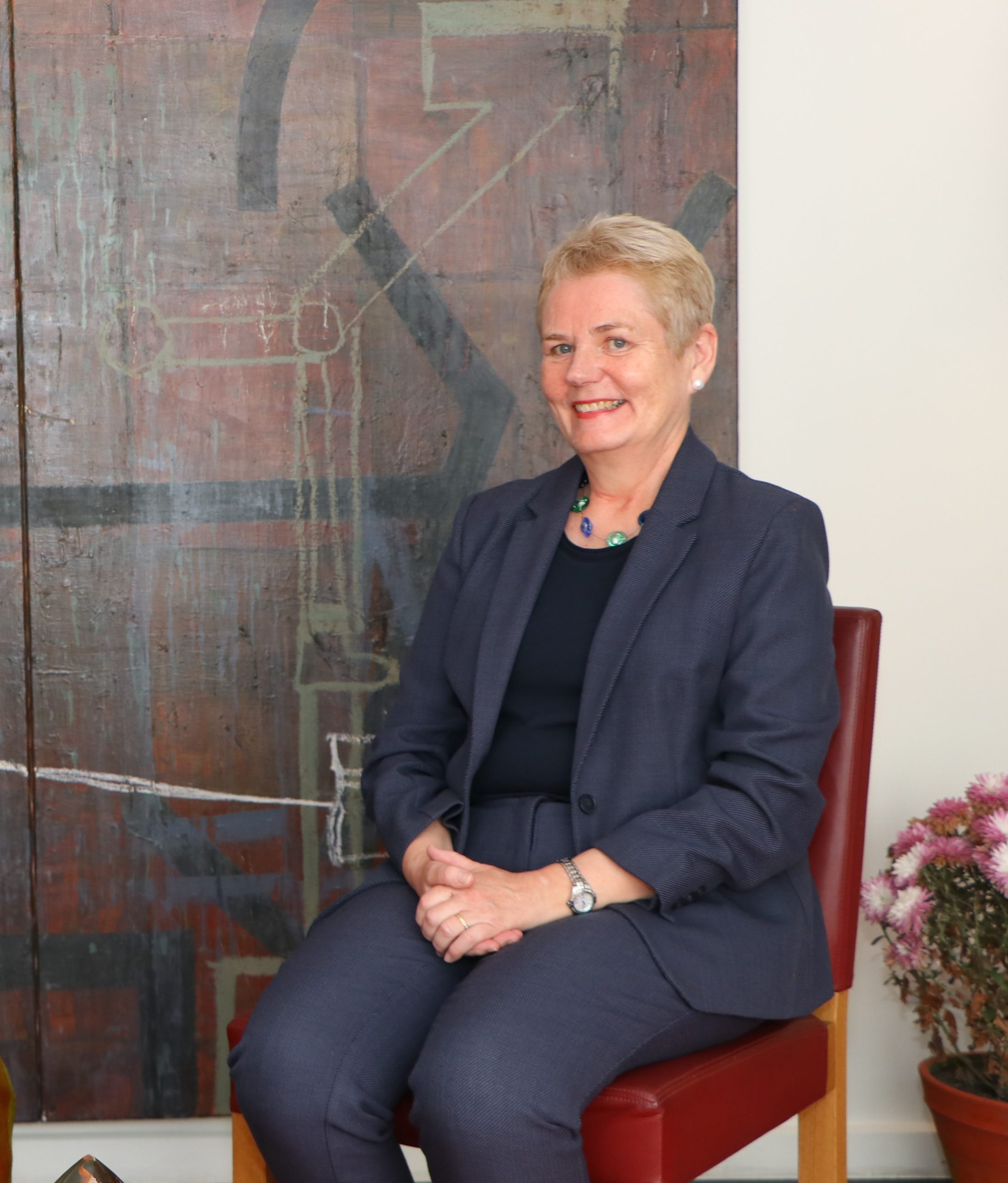
Nepal’s federal governance system has been moving from first five year’s electoral cycle to the second cycle. How do you see the implementation of federalism in Nepal? How is Norway cooperating to strengthen Nepal’s federalism?
Norway is not a federal state, but a lot of power is decentralize to the local governments. And, if the federalism is to succeed in Nepal, it’s important that local and provincial governments are able to deliver good services to the people. And, I think that if you visit municipalities in Norway, you would find lots of similarities in task and responsibilities of local governments in Nepal and Norway. Although some of our municipalities are very small, for instance our municipality called Utsira municipality, they have only 188 inhabitants. And I don’t think you have any municipalities with so few inhabitants. We continue to cooperate when it comes to good governance. And, the aim is to make governance system effective and efficient.
How parliamentary system function in Norway? Does the Norway has been implementing any programme to strengthen Nepal’s parliamentary System?
I believe that it also important for parliament to engage with citizens. They should be open and transparent. Parliaments are very important because that is democratically elected assembly and that represent the people. And, in Norway, there are lots of transparency and openness in our parliament. We have journalists in parliament. They can go there every day if they want to. They can move freely around. We have always TV cameras when there are parliamentary debate. And, we also have a gallery for the general public if they would like to sit down and follow the debates in parliament. Because, we value openness and transparency.
Norway is cooperating with the parliament in Nepal. We have a project with UNDP called the ‘Parliamentary Support Project’.
Norway has been supporting Nepal to promote good governance. However, the Transparency International’s report shows Nepal’s service delivery is not much progressed. How do you see this? What are your suggestions to promote good governance in Nepal?
I believe that transparency and good governance are important foundation for development. And, also strong institutions prevent individuals from abusing power for their own gain. That is why the Norway is one of the donor to the provincial and local government support programme. That is about capacity building and building stronger institutions.
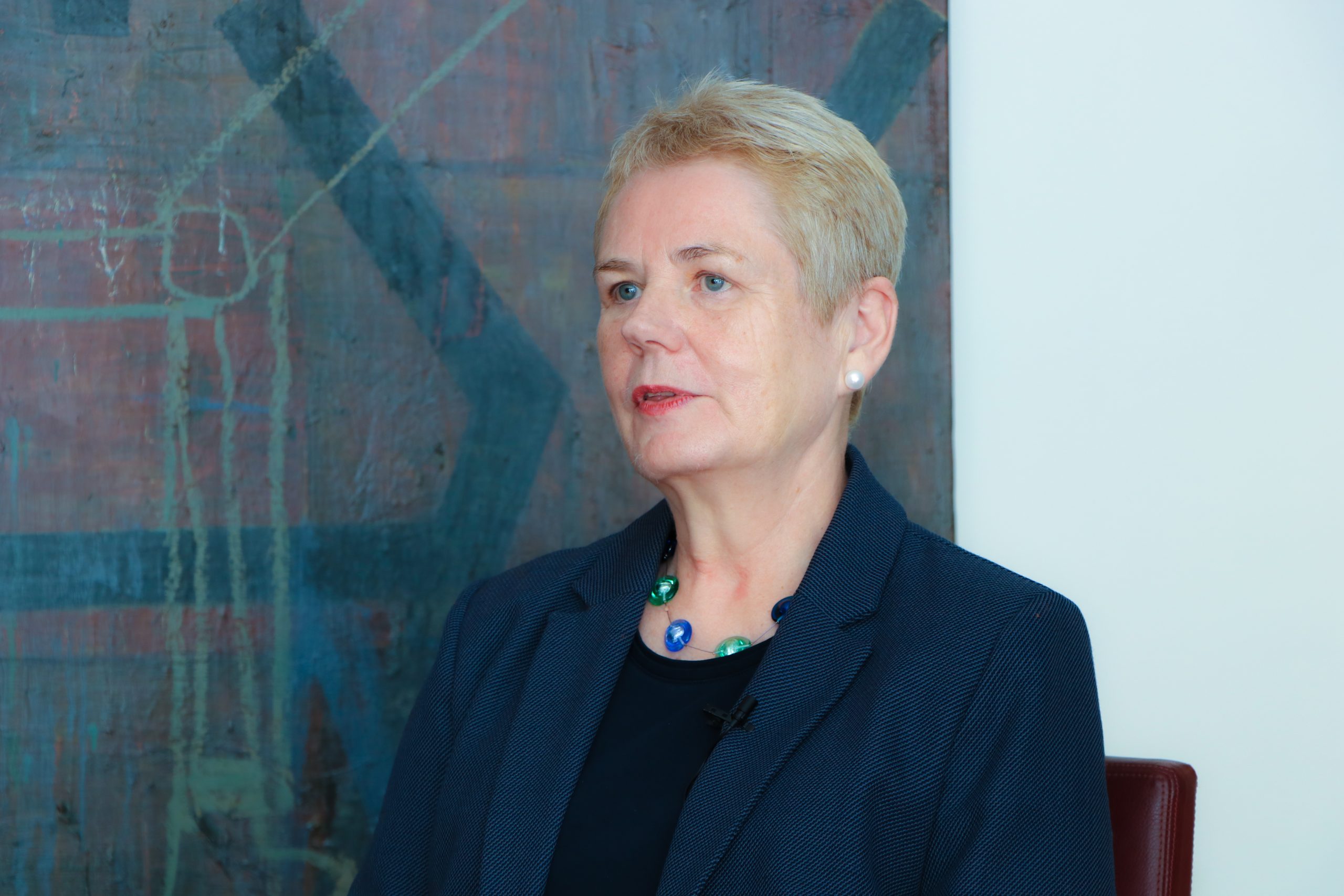
Nepal is one of the countries severely affected from climate change. This year, in the Cop 27, countries decided to establish a loss and damage fund. Countries like Norway need to support in such funds. What is your response?
Norway’s ambition is to continue to be a leader in climate finance. And, we support for the establishment of fund for loss and damage at Cop 27. We see this as very important outcome of Cop 27, although there are still some modalities which would have to be worked out. From Norwegian perspective, it should be common global responsibility to support those countries which have contributed themselves very little to climate change but they faces the harsh reality.





